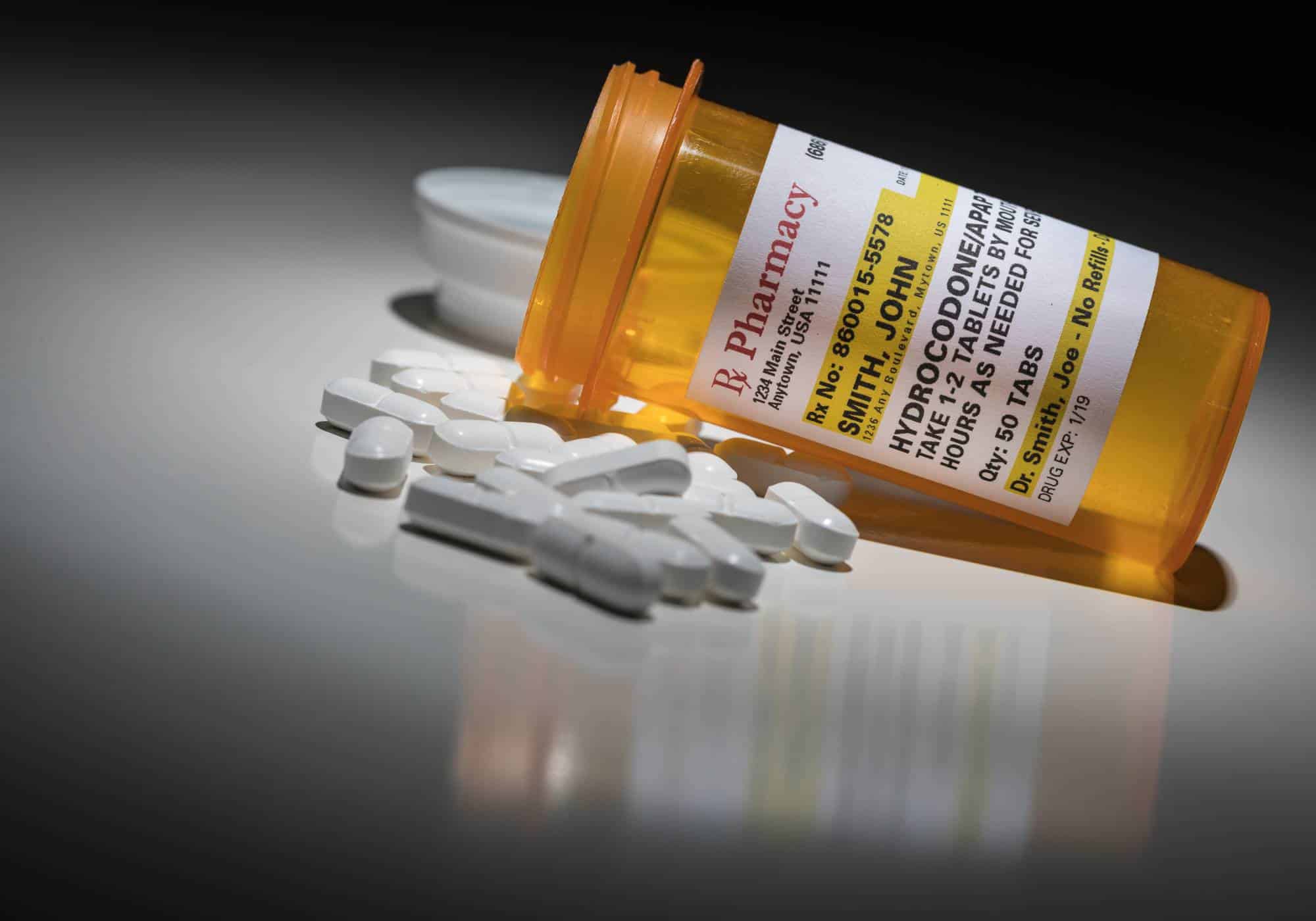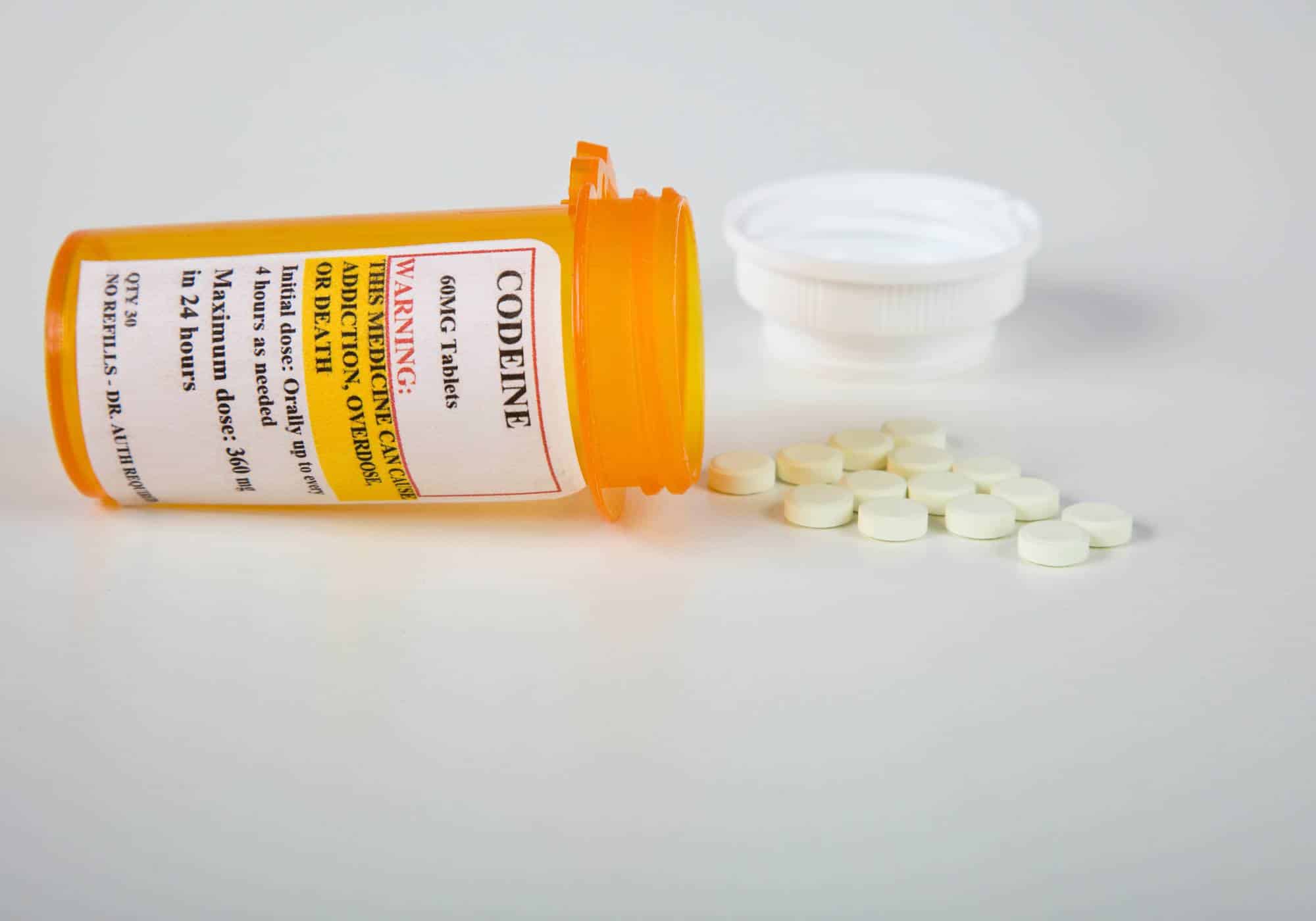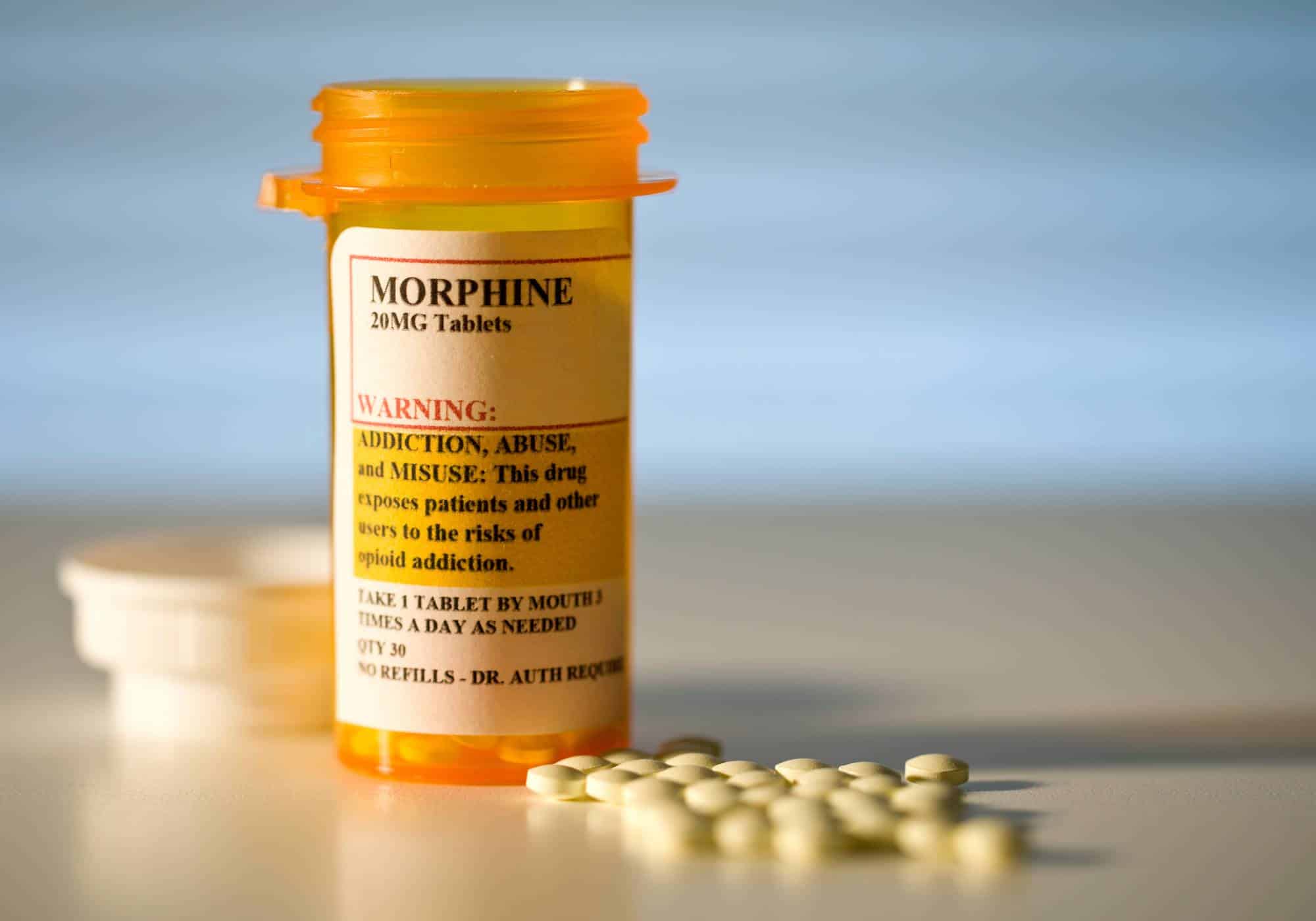Alcohol withdrawal presents a range of symptoms and progresses through various stages, depending on the individual’s history with alcohol. It’s essential to recognize these symptoms and understand the underlying causes. Alcohol withdrawal can be dangerous, making awareness and proper treatment crucial. The process includes alcohol detox, which is vital for safely managing withdrawal symptoms. Various medications are often used during detox and withdrawal to ease symptoms and support the patient’s recovery. If you or a loved one are struggling with alcohol addiction, our alcohol rehab in Atlanta offers comprehensive support and treatment. Call us today to take the first step towards recovery.
What is Alcohol Withdrawal Syndrome?
Alcohol withdrawal is a condition that can occur after prolonged periods of heavy drinking. When someone who has been drinking heavily reduces their alcohol intake or stops altogether, they may experience a range of mental and physical withdrawal symptoms. The severity of these symptoms can vary from mild to very serious.
For those who drink occasionally, the likelihood of experiencing withdrawal symptoms is low. However, if you have previously undergone alcohol withdrawal, the chances of facing it again during subsequent attempts to stop or reduce drinking are higher. This repeated risk underscores the importance of understanding and managing alcohol withdrawal.
Causes of Alcohol Withdrawal
Alcohol acts as a depressant on your body, meaning it slows down brain function and alters the way nerves communicate. With prolonged and heavy alcohol use, your central nervous system adapts to the constant presence of alcohol. Your body compensates by maintaining a heightened state of alertness and ensuring continuous nerve communication.
However, when you suddenly reduce or stop alcohol intake, your brain remains in this heightened state, even without the presence of alcohol. This mismatch is what triggers the symptoms of alcohol withdrawal. It’s your body’s response to the absence of a substance it has grown accustomed to functioning with.
What are the Symptoms of Alcohol Withdrawal Syndrome (AWS)?
Alcohol Withdrawal Syndrome (AWS) symptoms can emerge from as soon as 6 hours to a few days after the last drink. Commonly, these symptoms include at least two of the following:
- Tremors or shaking.
- Anxiety.
- Nausea and vomiting.
- Headaches.
- Increased heart rate.
- Sweating.
- Irritability.
- Confusion.
- Difficulty sleeping or insomnia.
- Nightmares.
- Elevated blood pressure.
These symptoms often intensify over 2 to 3 days, and milder symptoms may linger for weeks in some cases. They’re usually more pronounced upon waking, when blood alcohol levels are lower.
Delirium tremens (DT) represents the most severe form of AWS, characterized by:
- Profound confusion.
- Extreme agitation.
- Fever.
- Seizures.
- Tactile hallucinations, such as feeling itching, burning, or numbness that isn’t present.
- Auditory hallucinations, hearing non-existent sounds.
- Visual hallucinations, seeing things that aren’t there.
- Excessive sweating.
- Rapid heart rate.
- High blood pressure.
- Fast breathing.
Severe AWS symptoms, especially those associated with DT, constitute a medical emergency. If you or someone you know experiences these symptoms, including high fever, hallucinations, or heart disturbances, it’s crucial to seek immediate medical attention, either by calling for help or going to the emergency room.

Stages and Severity of Alcohol Withdrawal
The experience of withdrawing from alcohol varies widely among individuals, influenced by factors like the level of physiological dependence. The severity of acute alcohol withdrawal symptoms can range from mild to severe.
The American Academy of Family Physicians identifies three potential stages of alcohol withdrawal:
- Stage 1 (Mild): This stage may involve symptoms such as headaches, insomnia, anxiety, hand tremors, gastrointestinal issues, and heart palpitations.
- Stage 2 (Moderate): In addition to the symptoms of Stage 1, this stage can include increased blood pressure or heart rate, confusion, mild hyperthermia (elevated body temperature), and rapid, abnormal breathing.
- Stage 3 (Severe): This stage encompasses the symptoms of Stage 2, along with more serious effects like visual or auditory hallucinations, seizures, disorientation, and impaired attention.
Understanding these stages helps in recognizing the severity of alcohol withdrawal and the importance of appropriate medical intervention.
Timeline of Alcohol Withdrawal Symptoms
The severity and type of alcohol withdrawal symptoms you experience depend on your drinking history and quantity. Here’s a general timeline for what to expect:
6 Hours After Last Drink
Mild symptoms often begin as soon as 6 hours after your last drink. These can include:
- Anxiety.
- Shaky hands.
- Headache.
- Nausea and vomiting.
- Insomnia.
- Sweating.
12-48 Hours After Last Drink
During this period, more severe symptoms can emerge, including hallucinations (usually 12-24 hours after stopping) and seizures within the first two days. These hallucinations can be visual, tactile, or auditory, where you might perceive things that aren’t actually present.
48-72 Hours After Last Drink
Delirium tremens (DTs) typically start within this timeframe. DTs are among the most severe withdrawal symptoms and are characterized by:
- Vivid hallucinations and delusions.
- Confusion.
- Rapid heart rate.
- High blood pressure.
- Fever.
- Heavy sweating.
It’s important to note that only about 5% of people undergoing alcohol withdrawal experience DTs. However, for those who do, the symptoms can be particularly intense and require medical attention.
Dangers of Alcohol Withdrawal
Alcohol withdrawal, especially in its moderate-to-severe forms, can pose significant dangers, sometimes even life-threatening. The most critical form of withdrawal, known as delirium tremens (DTs), carries a mortality rate of 1% to 4%. While severe symptoms are relatively rare, predicting who will experience them is challenging.
Research has, however, identified certain factors that may indicate a higher risk of severe withdrawal symptoms, such as withdrawal seizures or DTs. These risk factors include:
- Heavy daily alcohol consumption.
- Older age.
- Previous history of DTs or alcohol withdrawal seizures.
- Coexisting medical conditions.
- Dehydration.
- Electrolyte imbalances.
- Presence of brain lesions.
- Abnormal liver function.
Alcohol withdrawal can be deadly, particularly in severe cases, due to risks like seizures and delirium tremens (DTs) that require immediate medical attention. If you or a loved one are struggling with alcohol withdrawal or alcohol addiction, call our alcohol rehab in Atlanta, GA today.
Who is at Risk for Alcohol Withdrawal Syndrome?
Individuals who are addicted to alcohol or engage in heavy, regular drinking without the ability to taper off gradually are at a heightened risk for Alcohol Withdrawal Syndrome (AWS). While AWS is more prevalent in adults, it’s important to note that children and teenagers who consume alcohol excessively are also susceptible to its symptoms. Additionally, if you have a history of alcohol withdrawal symptoms or have required medical detox for alcohol use in the past, your risk for AWS increases.
The Centers for Disease Control and Prevention (CDC) categorizes heavy drinking as consuming more than eight drinks per week for women and more than 15 drinks per week for men. To put this into perspective, one standard drink is equivalent to:
- 1.5 ounces of distilled spirits or liquor (such as gin, rum, vodka, or whiskey).
- 5 ounces of wine.
- 8 ounces of malt liquor.
- 12 ounces of beer.
Binge drinking, which is the most common form of heavy drinking, is defined differently for men and women. For women, it involves consuming four or more drinks in a single session, while for men, it’s defined as five or more drinks in one sitting. Understanding these definitions and recognizing the risk factors is crucial for identifying and addressing AWS effectively.

How Much Do I Have to Drink to Experience Withdrawal?
Regarding the likelihood of experiencing withdrawal, it’s difficult to make precise predictions. The development of withdrawal symptoms depends on various individual factors, including your body chemistry, the amount and frequency of alcohol consumption, age, and any co-occurring physical or mental health conditions.
If you’re concerned about alcohol withdrawal or its potential risks, our alcohol rehab in Atlanta is equipped to provide the necessary support and care. We understand the complexities of withdrawal and are here to help you or your loved one through this challenging process. Call us today for assistance.
Treatment for Alcohol Withdrawal
Medical detox is often the initial step in the journey to recovery from alcohol addiction. It’s crucial for safely managing the withdrawal process but doesn’t address the underlying thought patterns and behaviors linked to alcohol use. Post-detox, various treatment methods and settings are available to support long-term sobriety.
Alcohol Withdrawal Treatment Options:
- Inpatient and Residential Treatment: This involves staying at a treatment facility, offering 24/7 support and intensive therapy, including both group and individual sessions.
- Outpatient Treatment: This option allows you to live at home or in a sober living environment while attending scheduled therapy sessions. It provides the opportunity to apply treatment learnings to real-life situations and manage everyday stressors.
The Alcohol Withdrawal Process
The course of alcohol withdrawal can vary greatly and is somewhat unpredictable. Current screening and assessment tools don’t enable physicians to precisely predict who will face life-threatening symptoms. Those with mild symptoms or concerns about withdrawal are advised to seek guidance from a physician or clinician skilled in treating alcohol withdrawal.
For individuals with moderate to severe withdrawal symptoms, or those at risk (such as having a history of severe withdrawal), inpatient monitoring and treatment at a specialized facility are typically necessary. While outpatient treatment can be suitable for mild-to-moderate withdrawal symptoms, it’s important to note that if symptoms escalate, inpatient care may become essential.
If you or a loved one are struggling with alcohol addiction, our alcohol rehab in Atlanta offers comprehensive care, including detox and ongoing support for recovery. Don’t hesitate to reach out for help. Call our alcohol addiction treatment center today for more information and to begin your path to recovery.

Alcohol Withdrawal Treatment at Hope Harbor Wellness
Located in the serene suburbs of Atlanta, Hope Harbor Wellness is your ally in the fight against alcohol addiction in Atlanta. Our alcohol drug rehab centers, dedicated to holistic recovery, are ideally situated to offer you the support you need.
Our compassionate alcohol outpatient program collaborates with top-tier medical alcohol detox facilities, ensuring a safe and effective detox process. Once free from addictive substances, you can seamlessly transition into one of our specialized outpatient treatment programs at Hope Harbor Wellness, designed to address substance use disorders:
- Outpatient Rehab: A flexible program tailored to fit into your daily life.
- PHP (Partial Hospitalization Program): Offers a structured yet non-residential approach to treatment.
- IOP (Intensive Outpatient Program): Provides more intensive care while allowing you to maintain daily responsibilities.
- Dual Diagnosis Treatment Program: Caters to those with co-occurring mental health disorders.
Our alcohol treatment programs incorporate a variety of interventions:
- MAT (Medication-Assisted Treatment): Utilizes medications to ease withdrawal symptoms and cravings.
- Psychotherapy: Addresses underlying psychological aspects of addiction.
- Group Therapy: Offers peer support and shared learning experiences.
- Individual Counseling: Provides personalized guidance and support.
- Family Therapy: Helps heal and strengthen family relationships.
- Holistic Therapies: Focuses on overall well-being, including physical, emotional, and spiritual health.
- Aftercare: Ensures ongoing support post-treatment.
Embark on your journey from addiction to recovery with Hope Harbor Wellness. Trust in our dedicated team to guide you every step of the way. For more information or to start your journey, call our admissions team at 678-929-6304.












